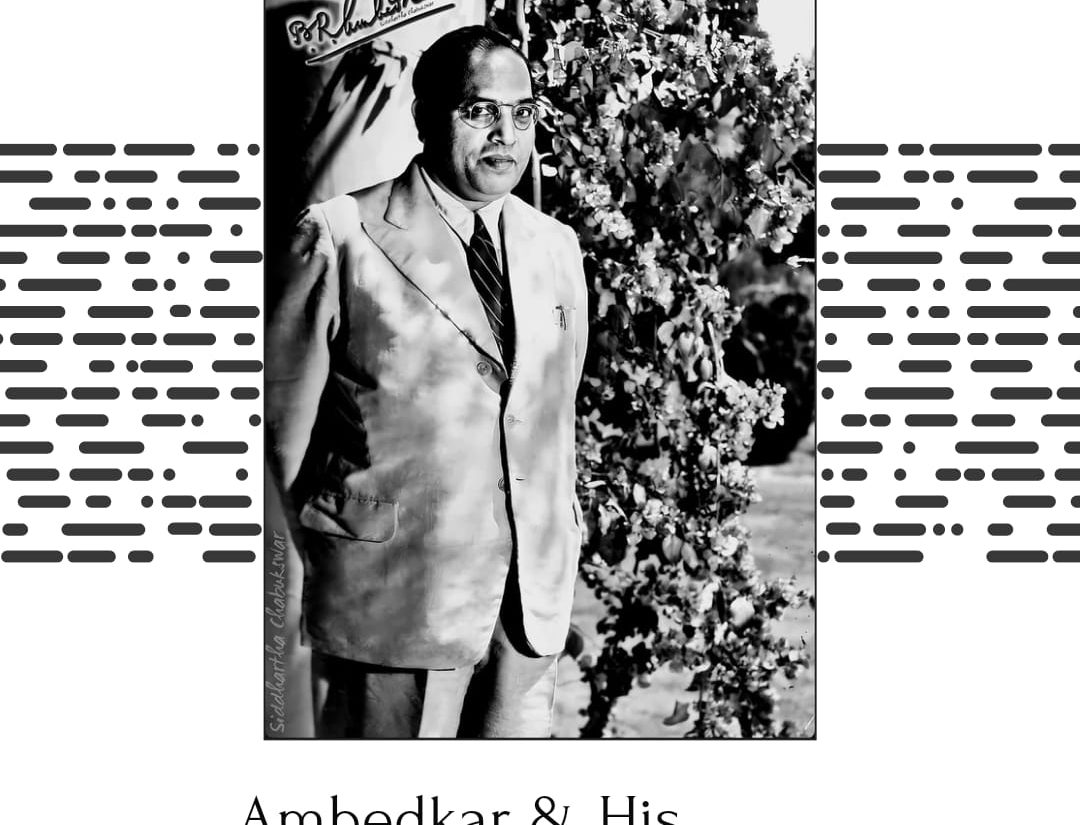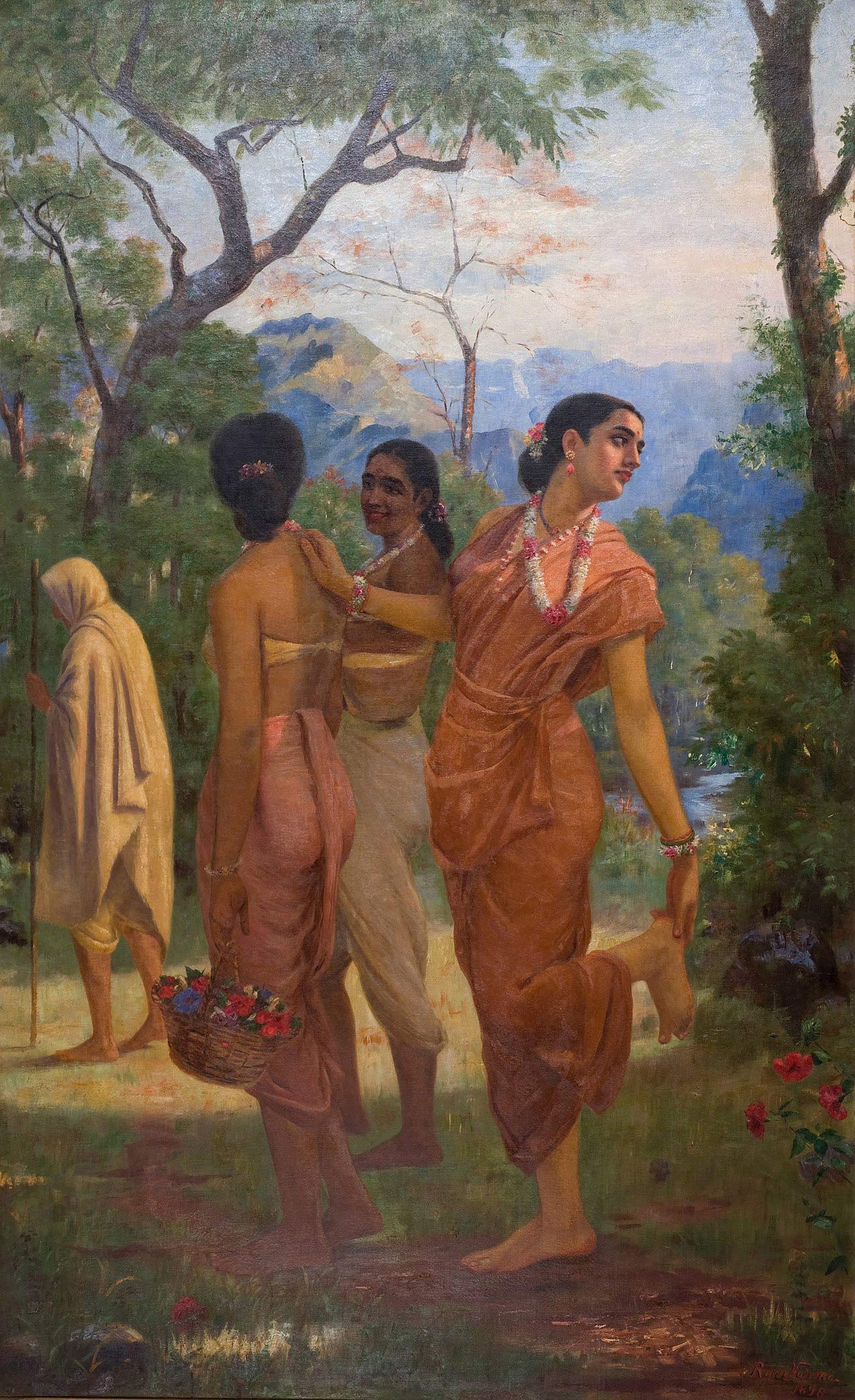
Article by EIH Researcher and Writer
Anupam Tripathi
Dr. Bhimrao Ramji Ambedkar, intellectual, economist, equality advocate and architect of Indian constitution, was one of the first people in modern India to analyse the role of history in shaping identity and power structures. Born into a socially backward caste, educated in the Western system, rational minded, to some extent rebellious in temperament, Ambedkar came at the right time to assume natural and appropriate leadership and engaged in social struggles and constitutional affairs in a strategic way in India .
Ambedkar was brought up in the liberal political tradition, which he picked up through his interaction with Western culture as a result of his British-influenced higher education in India and his training at Columbia University and the London School of Economics and Political Science. He was fortunate to be educated in the West, where he came under the influence of liberal-minded professors like Dewey, Harold Laski, Edwin Seligman (his guide at LSE), and others. Exposure to English education in India and abroad helped Ambedkar to come into contact with several major contemporary intellectuals. In some cases, however, the contact was not personal but was intellectually enriched by their ideas. The influence of contemporary social reformers and educators left a deep impression on him. Some of the influential people are discussed below:
- Bernand Russell: Ambedkar’s mind was occupied with ideas of intellectual conquest. It was around this time that he wrote a review article on Bernard Russell’s book, ‘Reconstruction of Society’ in the journal of Indian Economic Society. Describing it as a war book, he noted that Russell was right in believing that war could not be banished by rationalist appeals alone, but by by positive life of impulses and passions antagonistic to those that led to war.
- Harold Laski: Dr. Ambedkar appreciated H.Laski for his insistence on moral order as a requirement of democracy. He said that if there is no moral order, democracy will collapse. It requires public awareness.
- S. Mill: The writings of J.Mill, the political thinker, was a major influence on Ambedkar. His advocacy of freedom of thought, expression, and action was similar to Mill’s. The absolute ownership of these concepts shaped Ambedkar’s political philosophy. Mill’s writings taught him the importance of individual initiative and personal responsibility. Like Mill , he was also convinced that unless men are free to form and maintain their own opinions, they cannot develop that mental good on which everybody depends.
- Judge M.G. Ranade: Ambedkar had a deep attraction to Ranade, who was considered a progressive and liberal leader in his approach to the problems of society and the economy. Ranade’s political philosophy of justice had an impact on Ambedkar’s thinking. He made his pragmatic approach to problems systematic and evolutionary.
- John Dewey: Dewey was his teacher at the Columbia University. His philosophy of instrumentation led Ambedkar towards a critical analysis of the concrete problems which humanity faced. His pragmatic approach persuaded him that any philosophy which sought to offer a way out from the troubles in which humanity was caught must be dynamic and pragmatic. He was a lot influenced by Dewey’s method of inquiry which indicated a way to deal with painful solutions.
Ambedkar analysed the role of history in controlling knowledge. He wrote of how the dominance of knowledge, especially religious texts, has historically translated to the supposed superiority of the Brahmin male in matters of morality, sanctity, and purity. In the most recent scenario, he could be considered very relevant. He argued that the knowledge system itself must be fully debunked. Though not usually identified as a historian, he has written the historical texts:
Who Were the Shudras? How they came to be the Fourth Varna in the Indo-Aryan Society (1947). The Untouchables: Who were they and why they became Untouchables? (1948).
He was careful to establish his own objectivity as a historian; his historical explanation of Hinduism and India, however, stuck firmly to his lifelong political and social goals of caste annihilation. His historical investigations began with questions of power politics. This political approach placed him in a school of thought inhabited by scholars, such as Karl Marx, Antonio Gramsci and Paul Thompson, for whom the study of history, i.e. the study of causes, consequences and discourses, was associated with the exercise of power and its legitimization by the ruling classes.
Ambedkar’s historiography was alert to the politics of his day. His historiography was interdisciplinary. Its objective was to prove or disprove generalizations regarding the present and possible future of Indian society. His salutary research aim was to show how the present was produced by the past – there is no room for studying the past for its own sake or entertainment in his historiography. He relied on a patient, careful, and critical reading of the primary sources he selected to develop a rational argument to discredit the caste system in general. Following closely Wolfgang von Goethe, he claimed to affirm the historian’s duty to separate the true from the false, the certain from the uncertain, and the doubtful from that which cannot be accepted. In his historical writings there is an interplay of past and present. His essays convey his fertile historical imagination and excellent language skills – essential qualities for the practice of a meaningful social science. His legacy thrives in a fascinating intellectual and political environment.
Reference
- Dr. BABASAHEB AMBEDKAR WRITINGS AND SPEECHES Vol. 13 edited by Vasant Moon.
- Dhananjay Keer: Dr. Ambedkar: Life and Mission.
- Ishita Aditya Ray, An Appraisal of Influence of Eminent Personalities on Ambedkar’s Political Thought during Early Twentieth Century.
- https://www.forwardpress.in/2016/04/dr-ambedkar-the-unsentimental-historian/
- https://theleaflet.in/taking-stock-of-ambedkars-conversations-with-the-winding-road-of-democracy-is-essential-for-every-indian/
- https://theleaflet.in/ambedkar-and-the-writing-of-history/




















